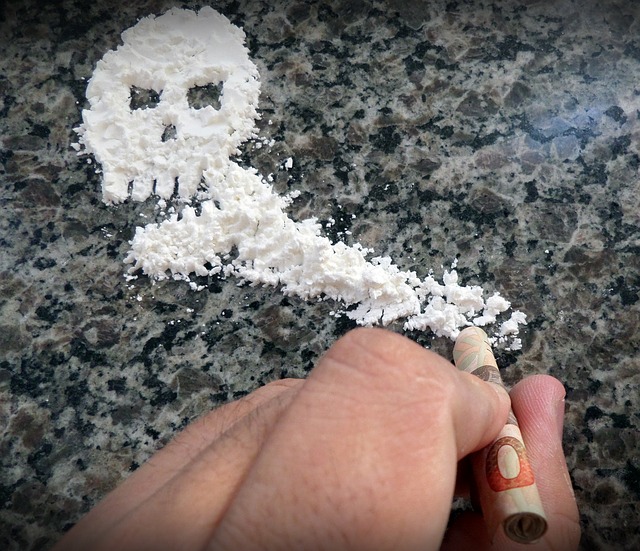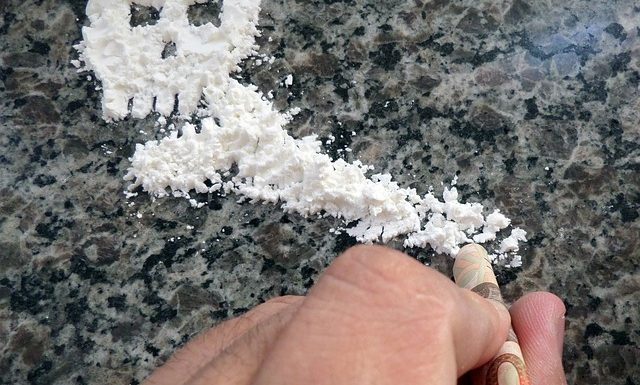Addiction is a tricky thing. It’s like being trapped underwater — if you can get to the surface, you’ll have all the air you require. But instead, you keep taking tiny sips out of your life support system, too afraid to let go and risk the swim to what you really need.
Similar to making a break for the surface, overcoming addiction does have its share of dangers. You can quit some things, like cigarettes, relatively easily on your own, but stopping other drugs can have serious consequences. That’s why it’s best to seek out help when you’re ready to fight addiction.

Types of Withdrawal
When people think about withdrawal, they focus almost exclusively on the physical aspects. After all, that’s what we’re taught addiction is — a physical dependence on something. However, that leaves very little discussion devoted to the emotional aspect of withdrawal, something that you can experience regardless of physical dependence.
Emotional Withdrawal
Emotional withdrawal is a very real part of addiction. Many people use their drug of choice to replace something of emotional value in their lives, even if it’s just to take out boredom. While the emotional symptoms may not be dangerous in and of themselves, they can lead to dangerous behavior. It’s important to have someone you can talk to about what you’re feeling, and why those emotions are a good thing, even if it doesn’t feel like it.
Some of the emotional symptoms of fighting an addiction include:
- Anxiety
- Depression
- Insomnia
- Irritability
- Isolation
- Restlessness
- Lack of concentration
Physical Withdrawal
Physical withdrawal is the aspect of breaking an addiction that most people are familiar with. No matter what “level” of addiction you think you are, it’s still difficult to tell how you will react during withdrawal. Everyone reacts differently — some people may have almost entirely emotional symptoms, while others may have a much more physical reaction.
There are three types of drugs that are the most likely to produce life-threatening physical reactions:
- Opiates
- Benzodiazepines
- Alcohol
Aside from alcohol, opiates and benzodiazepines (benzos) are both broad categories. They can include prescription pills, heroin, methadone, opium and others. Of these, a very large percentage of the benzos and opiates are prescription pills. This is why, even if you have been taking a drug legally, it’s still vitally important to get approval before stopping the medication.
Acute Withdrawal
The acute withdrawal phase is the initial phase, where your body goes through the shock of having whatever substance you’ve been using taken away. This is usually the most dangerous time period, and it’s when you are the most likely to suffer severe physical reactions. Symptoms vary depending on the drug, the person and the intensity of use.

Drug-Specific Withdrawals
Opiates
Opiates are kind of an unusual situation. A wide variety of these are very, very unpleasant to detox from, but most do not actually pose a life-threatening risk. There is always the exception to the rule, though, and methadone is that exception. Although detoxing from heroin is unlikely to end with anything more than unpleasant memories, methadone detox can. If improperly managed, quitting this particular opiate can lead to heart problems, seizures and breathing complications — very similar to alcohol.
Alcohol
Many people attempt to detox from alcohol at home. This is incredibly dangerous! There is no way to safely detox from alcohol at home without the help of a professional. Additionally, acute alcohol withdrawal can last up to a week, which means putting your life at risk for that entire period. Medical professionals, however, are able to monitor for signs of withdrawal and ease your usage down so you’re less likely to experience severe effects.
Some of the more troubling effects seen from alcohol withdrawal include delirium tremors and hallucinations, neither of which are any fun to go through. Without help, these symptoms can quickly turn into a life-threatening situation with problems like seizures, strokes and heart attacks. It’s much more likely that you can be successful in detoxing if you ask for professional medical help.
Benzodiazepines
Benzos are extremely difficult to detox from properly. In fact, it’s so difficult that it even has its own name — Benzodiazepine Withdrawal Syndrome. It’s not really an original name, but it does get the point across. Most benzos are prescription pills — they can be prescribed for everything from social anxiety to seizure disorders. All benzos are habit-forming, and because of their widespread use, they’re surprisingly easy to get — but they’re very difficult to stop using.
The weird thing about withdrawing from benzos that’s different from everything else is that the withdrawal doesn’t decrease steadily the way you would expect it to. Instead, it seems to come in waves, varying in intensity over days and even weeks throughout the detox.
Additionally, it’s very difficult to predict what will bring on withdrawal symptoms. Long-term use will, but sometimes so will short-term use. A gradual reduction in dosage can also occasionally provoke a reaction. It’s even been seen that a single large dose of benzos can lead to withdrawal in animals, but this particular case hasn’t been proven with people yet.
All of these things point out just how dangerous it is to try and fight a benzo addiction at home. In addition to the breathing problems, heart attack and seizure disorders that make alcohol and methadone so dangerous, benzo withdrawal adds mental instability to the mix. The risk for bizarre behavior including mania, schizophrenic-like symptoms and severe depression becomes much greater with this particular detox. Along with that is also a risk of suicide.
Asking for Help
All of these drugs present their own dangers — most of them create an out-of-control withdrawal period that your body simply can’t handle. Benzodiazepines, of course, have their own special set of complications. But there are people who are trained in helping others to navigate this process, treacherous as it is. Reaching out to them for guidance not only increases the odds of surviving the withdrawal symptoms, but it also helps raise the odds of successfully detoxing completely.
Ask for help — from friends, from family and from doctors. Most won’t know exactly what to do, but they’ll certainly be willing to put their resources into finding out. Make a plan, and listen to the advice of your doctor. Your best bet at success is working with others on a battle plan — instead of going it alone. Detox is only the first step, and recovery requires a supportive environment. So foster one for yourself. You might be surprised at how many people want to help.

Leave a Reply